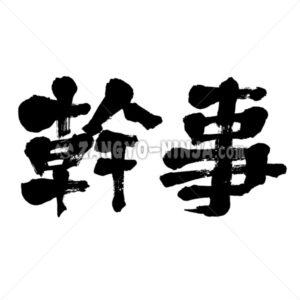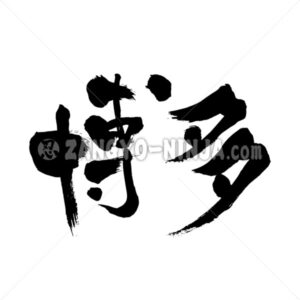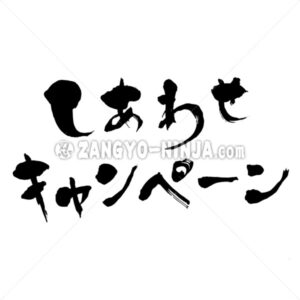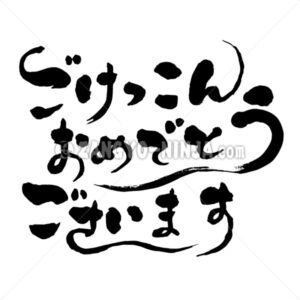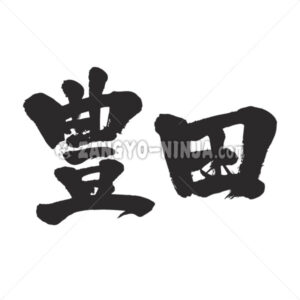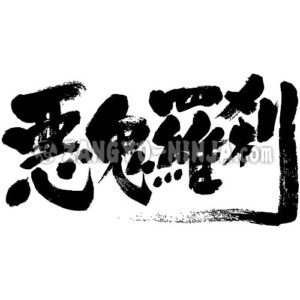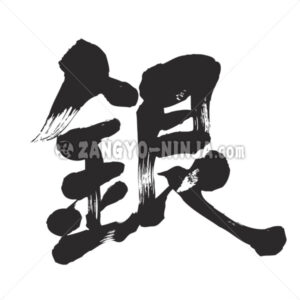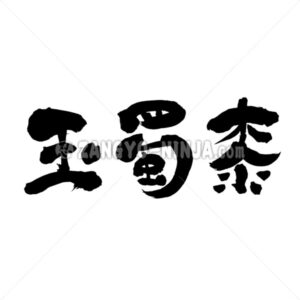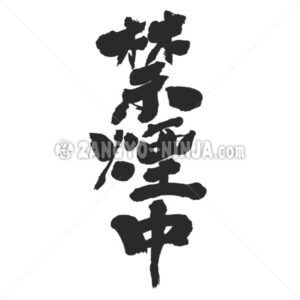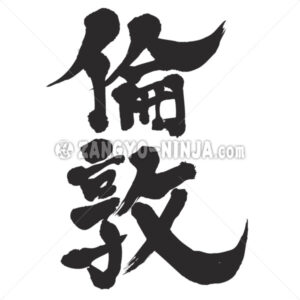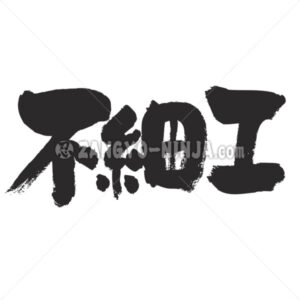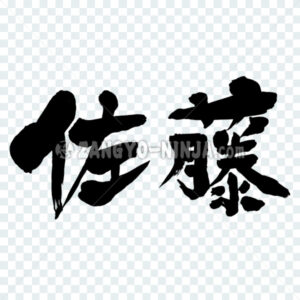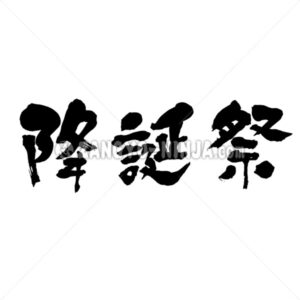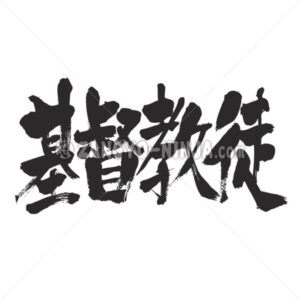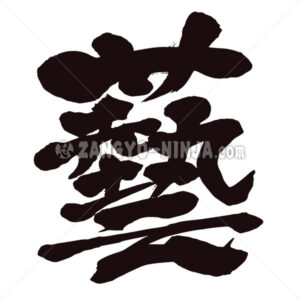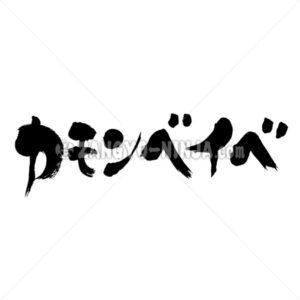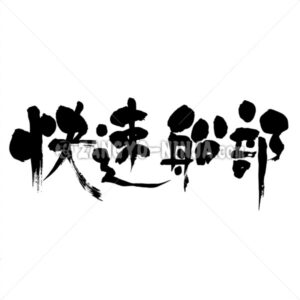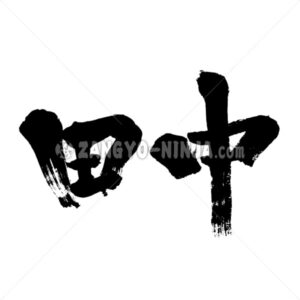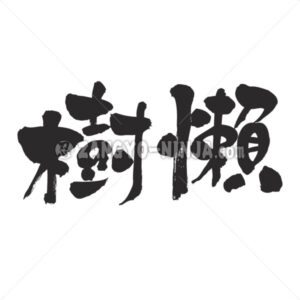
Mammalia Edentata A general term for animals belonging to the sloth family. There are 5 species in 2 genera of this family, Bradypodidae, which live mainly on trees in the dense forest areas of South America and feed on leaves and flowers. Body length 50-64 cm, no tail, or even short. Weight 4-9 kg. … Read More
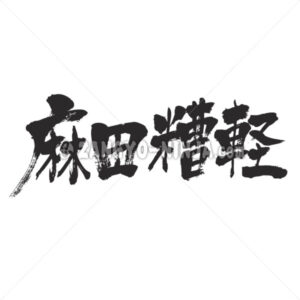
An island country in the Indian Ocean 392 kilometers east of the southeastern part of the African Continent across the Mozambique Channel. République de Madagascar, officially known as the Republic of Madagascar. It consists of Madagascar, the fourth largest island in the world, and a small coastal island. Madagascar Nature Madagascar Island has the … Read More
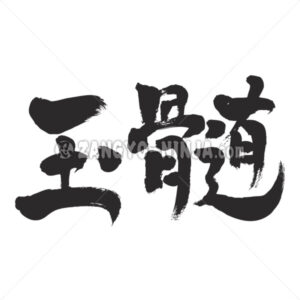
A mineral made of extremely fine granular or fibrous quartz. It may also contain a mineral called moganite, which is polymorphic to quartz. There are various colors such as colorless, red, orange (daidai), green, yellow, and black, and there are various variant names. Some are used as decorative stones such as agate, carnelian, and … Read More
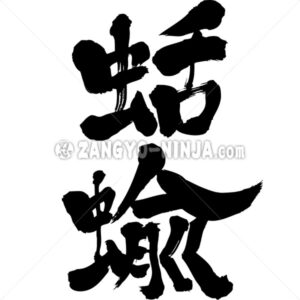
Like snails, terrestrial shellfish. It has lungs and is capable of air breathing. Shellfish are degenerated but definite shellfish. Eating habits vary considerably, from those that eat plant-based foods to those that attack other slugs and earthworms, and those that catch carcasses of animals. Japanese says “Na me ku ji”.
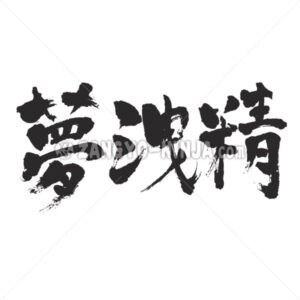

Being very polite and polite means that if you pass it, you will hate it and you will lose your courtesy. Also, although seemingly polite and polite, it is actually arrogant. Japanese says “in gin bu rei”.
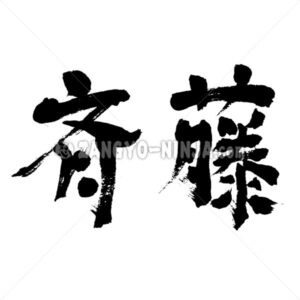
Saito is the 19th most common Japanese surname. Since Mr. Fujiwara’s family, Mochinobu, was the secretary of the “Saigu-ryo” of the government office near Ise Jingu, “Saigu-ryo” It is said that it started with calling himself “Saito” by saying “Mr. Fujiwara”. Etymology of the Saito surname Occupation. Variant of Saito. The character meaning of … Read More
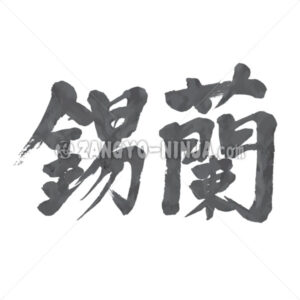
A country consisting of Ceylon Island in the Indian Ocean southeast of the Indian Peninsula. The official name is Sri Lanka Prajatantrika Samajavadi Janarajaya. Ceylon Island is in the shape of an elongated pear from north to south, with mountains slightly south of the center and lowers toward the periphery, from the foot of … Read More
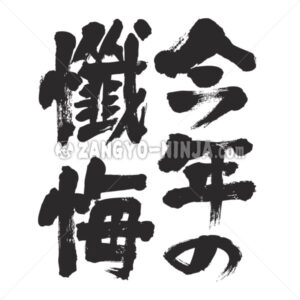
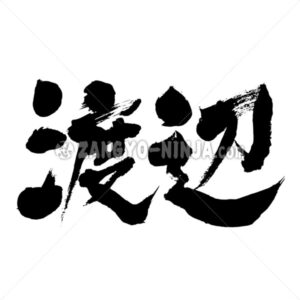
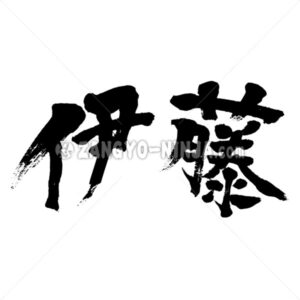
Ito is the 5th most common Japanese surname. In the sense of Mr. Fujiwara of Ise, there are many in Mie and Aichi. Etymology of the family name Ito Originates from central Mie Prefecture (formerly Ise Province). A place name recorded in the Asuka Period. The place name was also written “Ise. It means … Read More
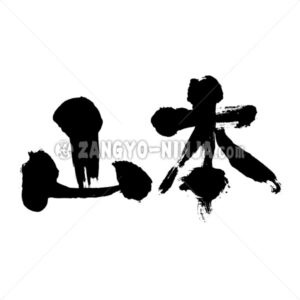
It refers to the “foot of the mountain” and is named as a place name in such a place. And the house that settled in the Yamamoto place name gave the surname Yamamoto. 4th place Representative of place name surname along with Tanaka surname. Yamamoto is the 7th most common Japanese surname.
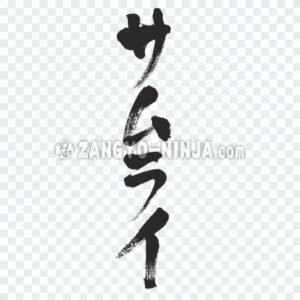
Samurai in Japanese Katakana. The verb “Saburafu”, which means to refrain from your aides, was turned into a noun, and was also called “Saburai”. The word “Samurai” can be seen in “Nihon Shoki”, but in the Heian period, there were samurai and samurai chiefs who served the Empress and Chugū, and the prince and … Read More


